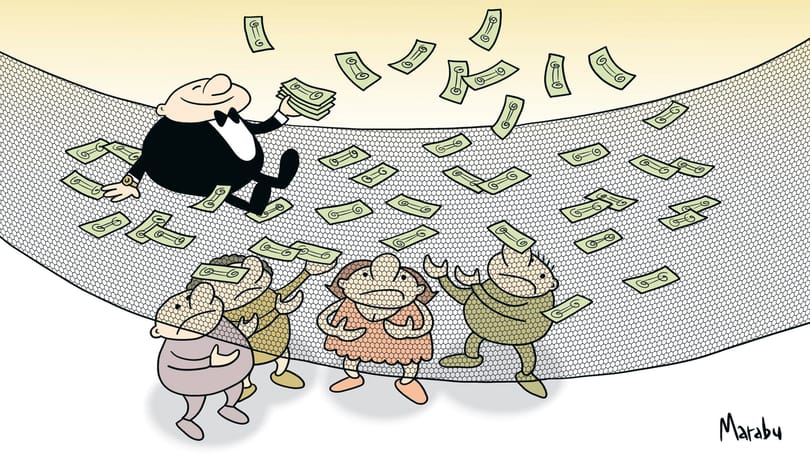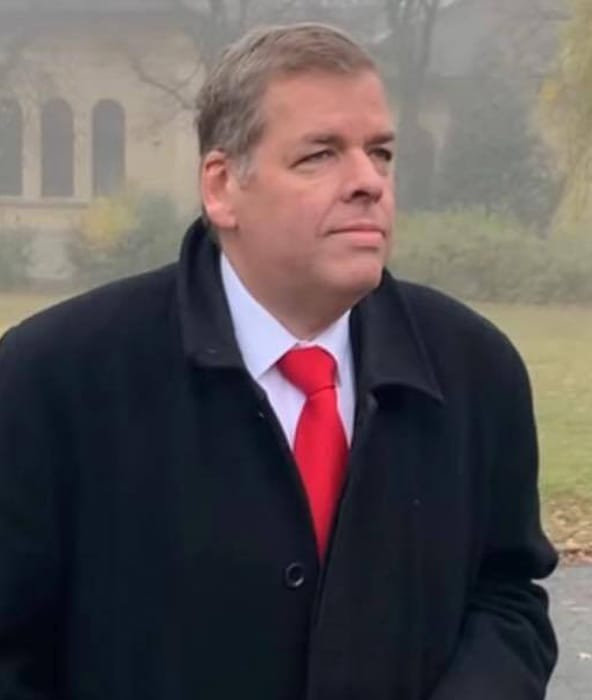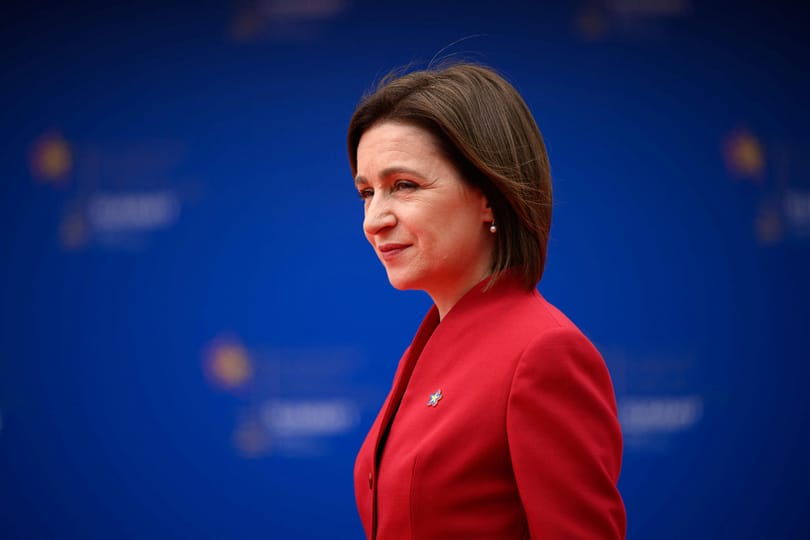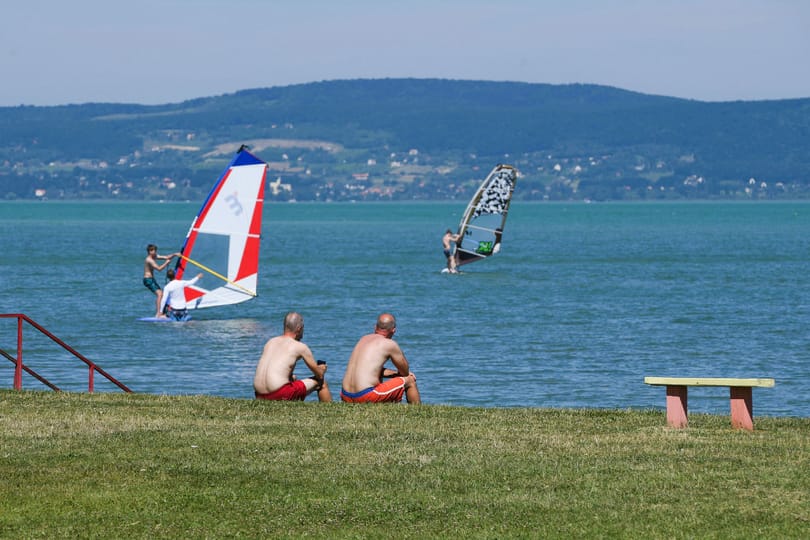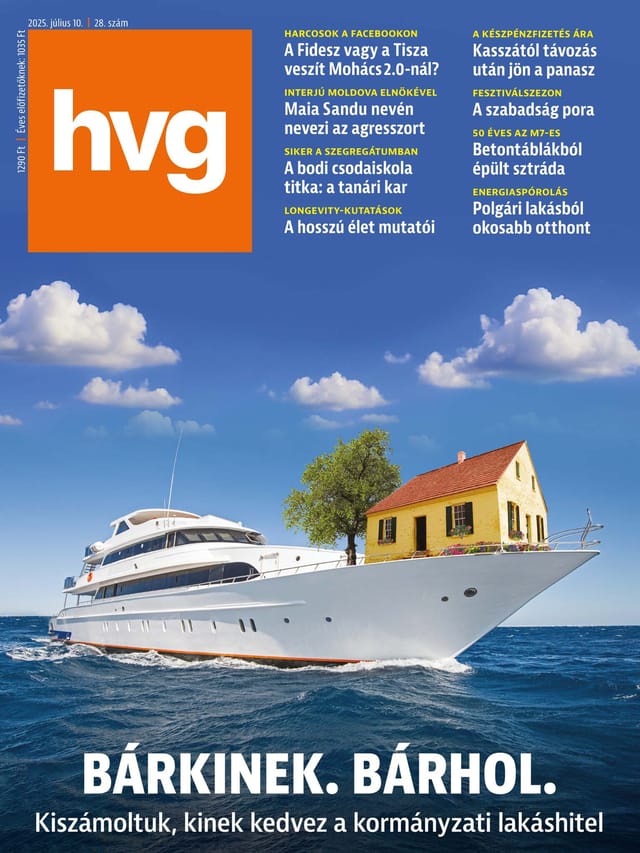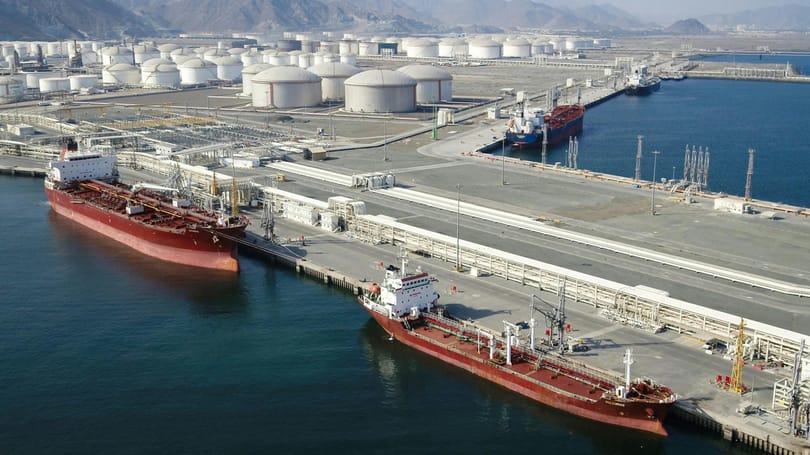It's well known that over the past two centuries, apart from 1918-19 and 1945-90, the country has been run mainly by lawyers, rich aristocrats and from time to time by professional soldiers. After the regime change of 1989 there came a museum curator, hospitality industry experts, former communist diplomats, lawyers, economist-bankers, and a well-connected Socialist businessman. And that's fine, because these gentlemen were chosen by the people. It's true that Ferenc Gyurcsny came to power not via direct election but following a party putsch. So whilst his position is politically vulnerable, there is no legal question over his legitimacy.
Now let's come back to Orbn's statement. If I understand rightly, certain businessmen are not suited to playing a part in public affairs. So who is suited? I see three approaches.
The first is to assume that nobody is born to be Prime Minister. So the PM is the individual who plays the game correctly, chosen as a result of a free election and party horse-trading. The second approach is to look at professional qualifications. Since 1990, our prominent politicians have come from various backgrounds, but they were all MPs. It's also true that most younger MPs have never held down an 'honest job', as the man on the street would say. This doesn't mean, of course, that an 'old hand' (and here I think of Pter Medgyessy) necessarily performed better than his predecessor or his successor, neither of whom is an economist.
The third approach is the key. Whilst a politician spends taxpayers' money, a businessman puts his own money and his own employees' economic well-being at risk. So fiscal caution and careful risk assessment should characterise the businessman's approach to the common kitty, at least in a functional market economy. This is something worth reflecting on.
To conclude: why should it be that a lawyer is necessarily better at economic policy than a former businessman? I ask because it's not just the PM's performance that affects citizens and foreign investors, it's the performance of other ministers too.
I learned little from last summer's prime ministerial debate, since the discussion was not about economic growth, but about how to spend money. And so it would be nice if in the coming campaign, we didn't talk about professional suitedness, but about clearly defined economic alternatives.
RUDOLF ToKeS
(Political scientist, university professor)





